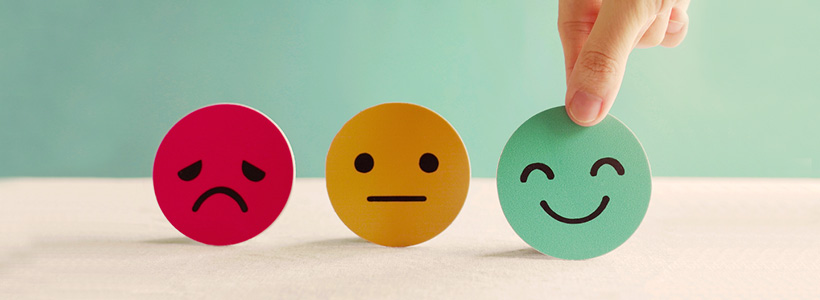Imagine this: you have a really, really bad case of the flu. You’re sneezing, coughing and you have a splitting headache to boot. Are you planning on going to work that day? No, of course not! And you shouldn’t! If you go to work, not only will you get others sick, but your productivity will be next to zero.
Now, apply the same concept to one of your other vital organs: your brain. If you’re run down, burnt out and anxious, are you going to work then? Unfortunately, some would say “yes.”
It can be easy to feel like you can “push through” a rough mental health day at work. But in reality, this can heavily contribute to employee burnout, leading to poor performance and an underserved team. Instead, you should act the same way you would if you had the flu: take the day off, recuperate and come back fully charged.
Taking (and encouraging others to take) mental health days doesn’t just save you time and energy in the long run. There are a wealth of other benefits, too!
Mental health days can:
1. Help end the stigma
As a community, the business world is shifting toward a culture that normalizes mental health days. That said, there’s still a ways to go. If you’re feeling hesitant about taking a mental health day, try to remind yourself that there’s nothing wrong with needing to recharge.
If your company offers sick days, don’t be afraid to take them. There’s no need to fake the flu or a migraine; if you know the reason you’re not feeling well is due to stress, say that, and work with your manager to get the support you need. Odds are, it’ll open up an incredibly important dialogue.
2. Allow for much-needed rest
If you’re constantly stressed while you’re awake, you’re going to be stressed while you’re asleep, too. Taking time off to get the rest you need is essential to getting your body and mind back to base level, helping you feel more energized when you wake up.
- When you try to get a good night’s sleep while mentally overstimulated, you will likely:
- Have a more difficult time falling asleep
- Negatively impact each phase of your sleep cycle
- Cause you to wake more often during the night
- Have an increase in stressful dreams or nightmares
As much as possible, try not to push your body to the point of exhaustion. Pay attention to your stress levels and plan your mental health days accordingly—your sleep cycle will thank you for it.
3. Improve your experience at work
We’ve said it before, and we’ll say it again: you’re not doing anyone any favors if you show up to work when you shouldn’t. Burnout happens, and you are more than valid in communicating when it’s happening.
By starting a conversation with your manager about burnout, you’re taking a crucial step toward improving your work experience.
- Nipping burnout in the bud can:
- Decrease anxiety
- Improve motivation
- Increase energy levels
- Boost self-confidence
- Strengthen productivity
4. Help recenter yourself
We all have “go-to” ways to make ourselves feel better when we’re down. If you have a long To-Do list, maybe you have a cup of coffee. If you feel stressed out, maybe you rush to yoga class after work. None of these activities are necessarily bad—but they might not be what you need.
Taking a day off here and there to prioritize your mental health is a great way to get centered and figure out where your stress is coming from. Taking care of yourself at work isn’t easy; there are projects, deadlines, inboxes and the whole kitchen sink to consider. With all of the constant input, it’s easy to forget that your health needs come first, always.
5. Shine a light on the bigger picture
Sometimes, the best way to see a roadmap is to hold it at arm’s length. The same goes for work. Stepping away from the office for a day can help you realign with the long-term vision, and where you fit in it.
Now, that’s not to say you should spend your mental health day focusing on work. But having a day to unwind from the hustle, your brain is getting the space it needs to see things clearly in all aspects of your life—including your job. And who knows? You might just have an “ah-ha” moment when you least expect it!

